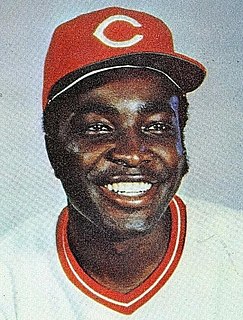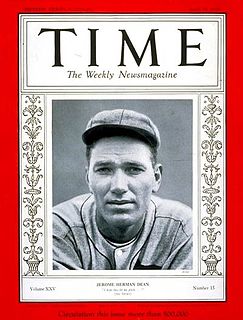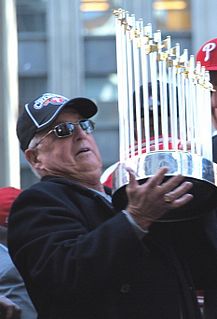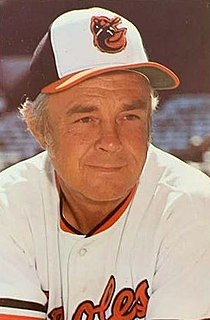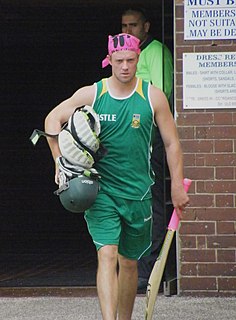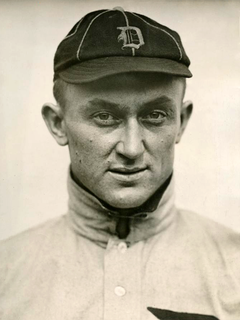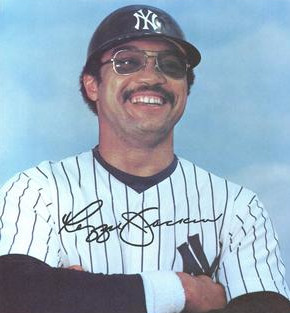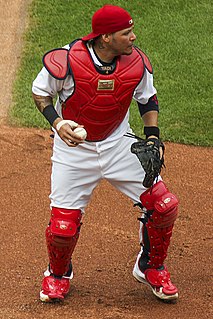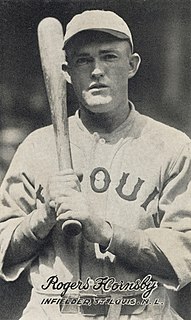A Quote by Joe Morgan
A good base stealer should make the whole infield jumpy. Whether you steal or not, you're changing the rhythm of the game. If the pitcher is concerned about you, he isn't concentrating enough on the batter.
Related Quotes
The pitcher wound up and he flang the ball at the batter. The batter swang and missed. The pitcher flang the ball again and this time the batter connected. He hit a high fly right to the center fielder. The center fielder was all set to catch the ball, but at the last minute his eyes were blound by the sun and he dropped it.
I've always noticed how the Fenway fans get behind the pitcher, especially late in the game if you're having a good game, or if you have two strikes on a hitter, they really start to chant and anticipate a strikeout. And that's the best part about playing in Boston and at Fenway. There are knowledgeable fans who anticipate the flow of the game and they can really help out the pitcher.
Whether I'm performing or directing, I'm aways thinking about rhythm; sometimes it's nailing the right rhythm, and sometimes it's intentionally breaking the rhythm. Those two things are what make something funny or not. How long a shot is and where you put the camera are all part of that rhythm of directing.
If I'm shifted two steps toward third base and the ball goes up the middle, people say I have no range to my left. That's why those statistics aren't accurate. You're changing for every batter, sometimes with every pitch. You really can't make one statistic for every shortstop. You have to go by what you see.
I'm never critical or judgmental about whether or not a movie is any good. The way I look at it, if several hundred people got together every day for a year or so - a number of then willing to put on heavy makeup, wear clothes that weren't their own and pretend to be people other than themselves - and their whole purpose for doing all this was to entertain me, then I'm not gonna start worrying about whether or not they did a good job. The effort alone was enough to make me happy.
